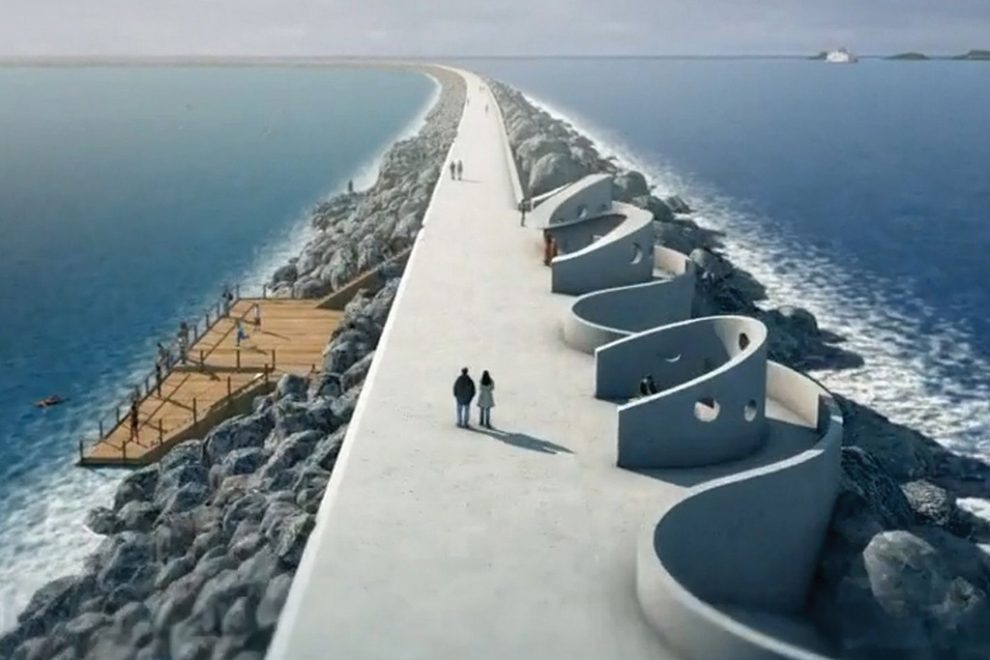THE UK GOVERNMENT has pulled the plug on the Swansea Bay Tidal Lagoon project in a move described as a vote of ‘no interest in Wales, no confidence in British manufacturing and no care for the planet‘.
Having delayed its announcement until after crucial votes on Brexit in the House of Commons, the Government announced the news just ahead of a vote on a third runway for Heathrow, which could be seen as trying to bury bad news.
An announcement on the tidal lagoon project had been strung out by the Westminster government, the project having first been mooted to David Cameron’s ‘greenest ever government’ in 2011 and subject to a statutory consultation in 2013.
The first of its kind in the world, the Swansea Bay Tidal Lagoon would have produced enough energy to power 150,000 Welsh homes for 120 years, sustain over 2,000 construction and manufacturing jobs in Wales, and support as many as 311 industrial and manufacturing businesses along the supply chain.
It would have delivered £8 million in tourism revenue, and required more than 100,000 tonnes of steel, much of which would come from the Port Talbot steelworks, with further jobs downstream making the component parts.
In early 2017, a review led by former Conservative Minister of State at the Department of Energy and Climate Change Sir Charles Hendry, endorsed the scheme’s construction.
Since then, however, there has been near silence from Theresa May’s government.
The decision to refuse funding comes 11 months after Theresa May intervened personally to cancel the promised electrification of the rail line between Swansea and Cardiff and has led to allegations that both the Prime Minister and her government know the cost of everything but the value of nothing.
The decision was made in spite of an offer from the Welsh Government to invest heavily in the £1.3bn project and interest from the trustees of the Welsh Local Government Pension Funds in supporting it by investing pension funds into the project.
A statement from the UK Department of Business, Energy & Industrial Strategy (BEIS) to Parliament claimed that: ‘The inescapable conclusion of an extensive analysis is that however novel and appealing the proposal that has been made is … the costs that would be incurred by consumers and taxpayers would be so much higher than alternative sources of low carbon power, that it would be irresponsible to enter into a contract with the provider’.
However, the arithmetic used by the UK Government – a claim that it would add £700 to the cost of household electricity bills between 2031 and 2050 – while eye-catching, is the equivalent of 67p a week.

















Add Comment